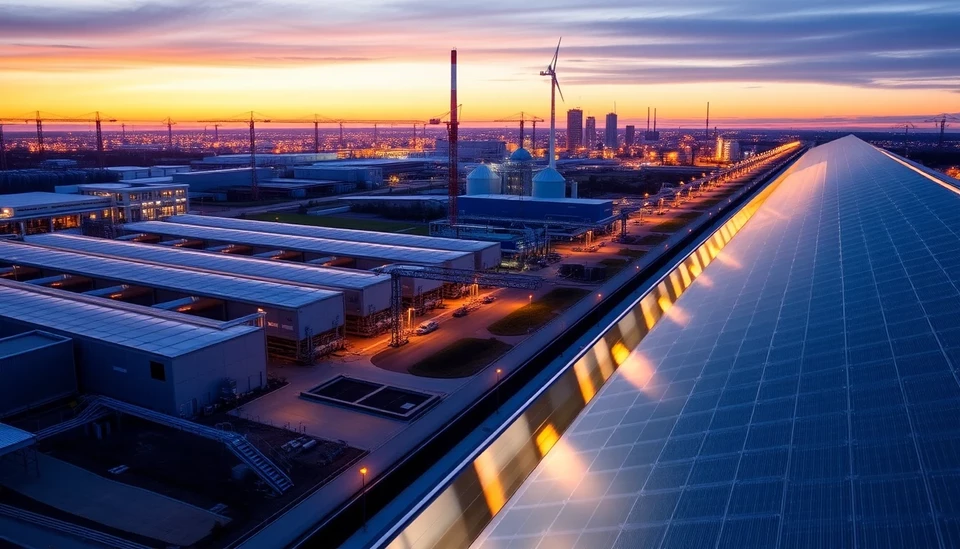
In a concerning development for Europe’s largest economy, German industrial production has reported its most significant drop in five months, primarily attributed to challenges within the automotive sector. According to data released recently, industrial output decreased by 3.3% in December compared to the previous month, marking a pronounced downturn that raises alarms about economic stability in the region.
The downturn was notably influenced by the automotive industry, which has been grappling with a range of issues including supply chain disruptions, semiconductor shortages, and an overall shift in consumer demand. The transportation sector alone faced a staggering 8.6% reduction in production, representing a critical blow to Germany's robust manufacturing framework, which heavily relies on automobile production.
Experts have expressed concerns over the broader implications of this decline. The automotive industry is a cornerstone of the German economy, employing millions and driving substantial exports. The ongoing struggles in this sector could ripple through various ancillary industries, threatening job security and economic growth in the coming months.
Adding to the complexity, the data from December also suggested a continuation of the downward trend, with preliminary estimations for January indicating a further contraction in industrial activity. Analysts warn that persistent challenges, such as rising energy prices and inflationary pressures, could hinder recovery efforts and dampen the prospects for the German economy as 2025 unfolds.
As Germany navigates these challenges, the government and industry leaders are urged to enhance support for both the automotive sector and the broader industrial landscape. Measures that prioritize investment in technology and transitions to cleaner energy production might be essential in revitalizing the manufacturing base and ensuring sustainable growth.
Looking forward, all eyes will be on subsequent economic indicators to gauge whether this downturn is temporary or indicative of a more substantial economic malaise. With the global economic landscape remaining precarious, Germany's ability to rebound from this dip in industrial output will be crucial for the health of the wider European economy.
In summary, the recent reports of declining industrial production in Germany underscore the significant challenges facing the automotive sector. As production slows, the implications for economic stability grow more pronounced. Stakeholders will need to remain vigilant and proactive to mitigate risks and foster recovery in the face of these hurdles.
#GermanIndustry #IndustrialProduction #AutomotiveSector #EconomicChallenges #GermanyEconomy #ManufacturingDecline
Author: Laura Mitchell
